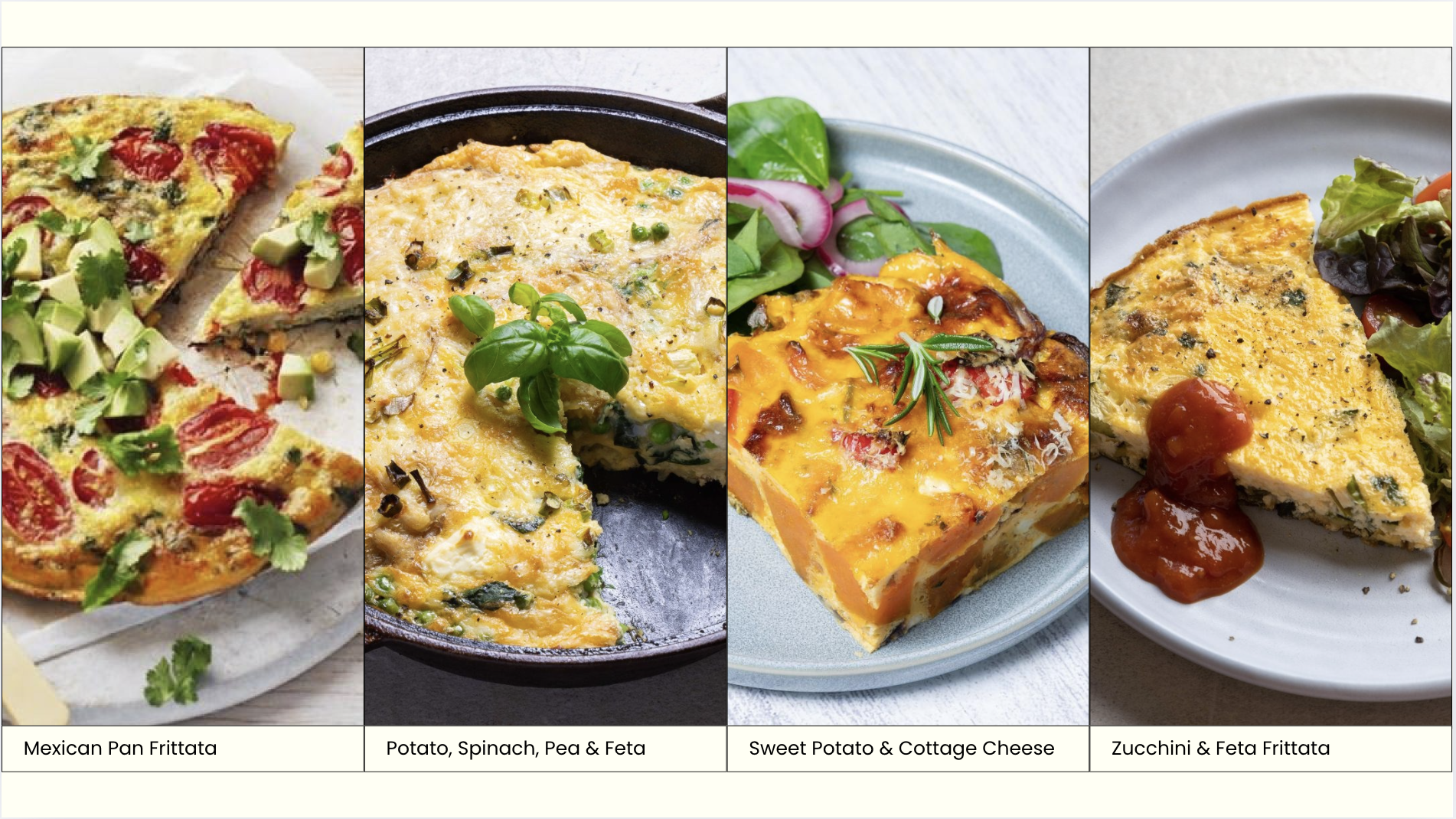Spectacular glaciers to subtropical forests, our planet's natural beauty is unparalleled - and here at Appetise we’d like to keep it that way. There are many ways we can all aim to live a little greener; ditching the car for a walk, or switching from fossil fuels to renewable energy, but we know it’s not easy to be 100% sustainable 100% of the time. One area that we can have control over is our plastic waste, and how we reduce, reuse and recycle what we all consume. With the average person consuming over 30kg of plastic food packaging each year, and about 5 million of us (and growing)… Well, it’s a lot of waste.
The way to reduce the impact from consumer packaging is to make better choices when we buy and consume food. As consumers, our food choices impact how much packaging we use and, therefore, how much trash and recycling we create. While recycling helps minimise the amount of packaging that makes its way to a landfill, some basic choices can eliminate the need for the packaging in the first place. - foodprint.org
How to Reduce Plastic Food Packaging
We’re glad you asked. Whether you’re just starting out on your journey to reduce your plastic use, or you’re a seasoned sustainability expert, there are many easy things we can do to help out that start right with how we shop for our food.
Choose sustainable 🌲
Paper, cardboard or glass alternatives to plastic-packaged options are the main and usually the easiest, way for many people to take their first steps to being eco-friendly. Glass bottles over plastic. Cookies in cardboard packets. Making the simple decisions can have a big impact.
Go Fresh 🐟
Whether it’s the supermarket’s fish counter, your local butcher, or a local farmer’s market, you can often find fresh, affordable, and plastic-free options. Bring along a reusable container and cut out the cling film and styrofoam.
Ditch the plastic bags 🛍️
Brown paper bags are now the norm at the checkouts. But, unfortunately, the same can’t be said for the fruit and veg bags in the aisles. Opting to pack your apples and oranges in a reusable bag, or just chucking them right into your basket can be a simple way to save unnecessary plastic.
Recyclables or biodegradables ♻️
Going 100% plastic-free can be difficult, if not near impossible. And we don’t blame you if you feel overwhelmed. Completely plastic-free products aren’t readily available or simply aren’t an option. The next best option is to choose packaging which is made from already recycled plastics, can be recycled in the future, or is fully biodegradable.
Meal planning 📝
Meal planning can be a great tool to not just reduce plastic waste, but food waste too. By knowing what you plan to cook, what ingredients you need, and how much of them, you can plan to shop for only what you need. Avoid the over-shopping or over-spend, and the odd impulse buys that we’re all prone to.
ℹ️ Need tips on how to get started with meal planning? We've got you covered!
Why reducing plastic is important
✅ Quick Answer - Simply put, reducing plastic is one of the major ways that we can all help to preserve our natural beauty, our wildlife, and our planet.
Reducing waste
Waste has been a pretty central topic within this article (and we hope you’ve found it useful!) But, just how much we’re wasting is often understated. Around a quarter of a million tonnes of plastic (not even counting other kinds of waste) are going into landfill in New Zealand each year alone.
Keeping it out of our oceans
Plastic is everywhere. Not just in our cities, but in our parks, rivers, lakes and oceans. More than just floating around, it’s now often found in our stomachs. With hundreds of species of whales, seabirds and other animals native to the world, more and more plastic is ending up within their diets, and a major factor in their decline.
Reducing fossil fuels
It’s no secret that fossil fuels are one of the major drivers in climate change. But, many don’t know that they’re the key ingredient in creating plastics. Around 8% of the world's oil is used in the production of plastics alone. With many taking extra steps to cut down on the fuel we’re using in our cars and homes (if not to be sustainable, then at least for the cost), cutting down on plastic too can give us all that little extra edge.







